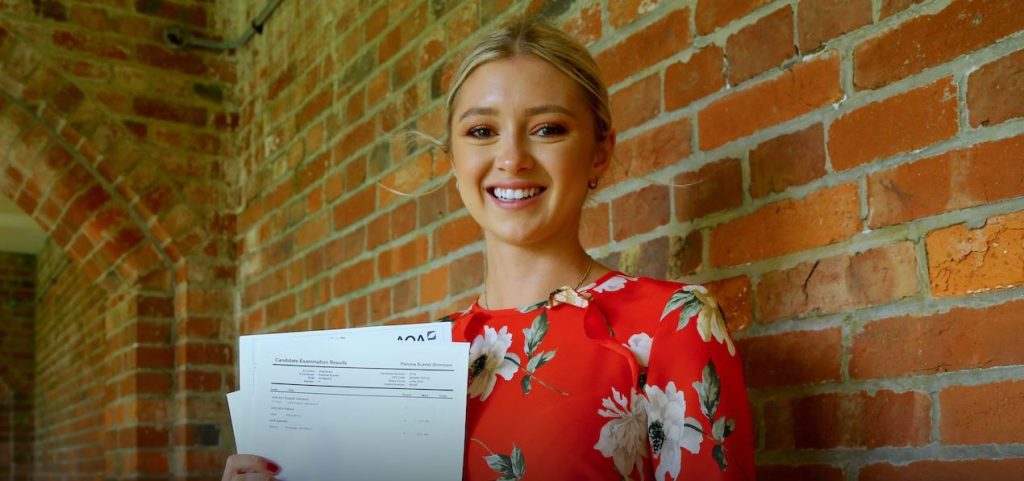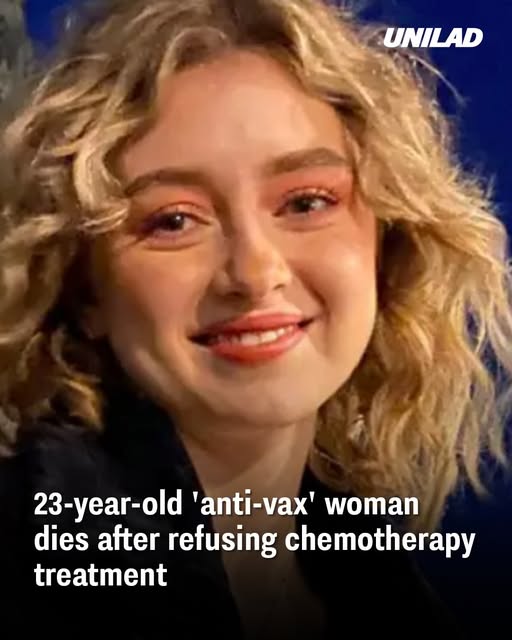The inquest into the tragic death of 23‑year‑old Paloma Shemirani, a Cambridge graduate who declined chemotherapy, has highlighted the real danger of conspiracy theories. According to her brothers, her mother’s influence led her to reject life‑saving treatment and ultimately cost her life.
Background: Diagnosis and Prognosis
In late 2023, Paloma was diagnosed with non‑Hodgkin lymphoma, a blood cancer. Doctors informed her she had approximately an 80% chance of recovery with chemotherapy. However, she refused the treatment and instead pursued alternative therapies. Seven months later, on 24 July 2024, she suffered a fatal heart attack—caused by complications from her tumour—at Royal Sussex County Hospital, where life support was later withdrawn.

Influence of Conspiracy Theories
Paloma’s mother, Kate “Kay” Shemirani, had been a licensed nurse before being struck off in 2021 for spreading COVID‑19 misinformation and conspiracy theories. Despite her ejection from the Nursing and Midwifery Council, she maintained a substantial online following. Paloma, who described herself as “anti‑vax” and an advocate of Gerson therapy, took much of her health philosophy from her mother. Gerson therapy is a regimen involving a strict plant‑based diet, coffee enemas, and supplements—but Cancer Research UK states there’s no scientific evidence it cures cancer.
Paloma’s Perspective
In written statements revealed during the inquest, Paloma asserted she did not believe she truly had cancer. She described the diagnosis as an “absurd fantasy, no proof” and claimed her human rights had been violated by NHS staff—drawing extreme comparisons to Nazi-era abuses. She voiced fear of chemotherapy’s side effects, including infertility, and insisted she preferred natural healing based on her upbringing and her mother’s influence.
Family Response and Legal Action
Paloma’s brothers, Sebastian and Gabriel, believe she was coerced—through years of indoctrination—into rejecting standard medical care. Despite being adults, they argue that Paloma lacked genuine autonomy due to her upbringing. The brothers have made public appeals, participated in BBC documentaries such as Cancer Conspiracy Theories: Why Did Our Sister Die? and campaign for greater regulation of medical misinformation and titles like “nurse” and “doctor”
Inquest Proceedings
The inquest formally began in late July 2025, with the aim to examine how Paloma came to refuse chemotherapy and the role of her mother’s influence. Coroner Catherine Wood reprimanded Kate Shemirani for aggressive, time‑wasting questioning during cross‑examination, and called for greater restraint and focus on factual testimony. The proceedings continue to explore whether proper medical protocols were followed and whether Paloma’s treatment was appropriate.
Broader Implications
This case underlines an urgent public health concern: the harm that can result when conspiracy theories and misinformation influence healthcare decisions. Paloma died from a treatable cancer because she turned away from conventional care. Her brothers worry similar tragedies could occur unless legal protections and content moderation improve.
Summary
- Diagnosis: Non‑Hodgkin lymphoma with 80% recovery likelihood via chemotherapy.
- Decision: Paloma refused treatment; opted for Gerson therapy.
- Outcome: Died from tumour‑related heart attack in July 2024.
- Family view: Brothers blame mother’s conspiracy beliefs and claim coercion.
- Inquest: Ongoing as of July 2025, examining circumstances around refusal and inquests into influence and care.
- Significance: Raises questions about adult consent, misinformation, public safety, and legal responses to conspiracy-driven health harm.

Final Thoughts
While individuals have the right to choose their medical path, this case shows how extreme influence—especially from a close family member advocating conspiracy theories—can override rational decision-making. The health sector, social media platforms, and regulators may need to rethink protections when misinformation intersects with vulnerability. Until the inquest concludes, Paloma’s story remains a haunting example of how belief-based decisions can tragically derail young lives.

















